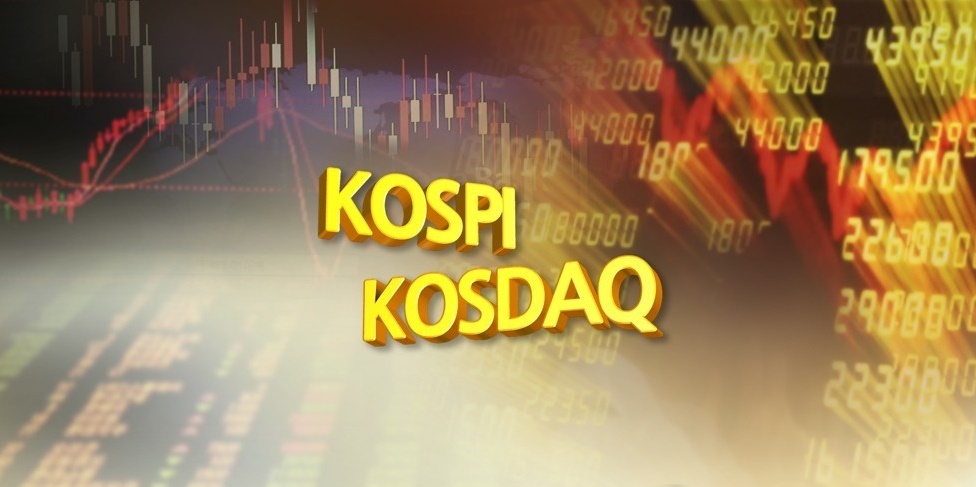South Korea’s secondary bourse Kosdaq is expected to enjoy the “January effect” in 2020, as it has historically performed strongest in the first month of the year, analysts said Monday.
According to stock market operator Korea Exchange, the increase rate of Kosdaq’s index in January has been seven times that of the main bourse Kospi since 2010.
In January 2018, the Kosdaq index surged 14.42 percent, while Kospi increased 4.01 percent on-year. In January 2014, Kosdaq rose 3.04 percent, while Kospi recorded minus 3.49 percent.
According to stock market operator Korea Exchange, the increase rate of Kosdaq’s index in January has been seven times that of the main bourse Kospi since 2010.
In January 2018, the Kosdaq index surged 14.42 percent, while Kospi increased 4.01 percent on-year. In January 2014, Kosdaq rose 3.04 percent, while Kospi recorded minus 3.49 percent.

Both the Kosdaq and Kospi indexes declined in January 2010, however the main bourse’s fall was greater at minus 4.77 percent.
Kosdaq’s growth in January has also given profits to investors eight times over the last 10 years, as compared to six times for those who invested in Kospi listed stocks.
Industry experts here said that small and mid-cap stocks and Kosdaq-listed firms showed strong performance as compared to Kospi’s large-cap stocks in January over the past decade
“Large-cap stocks attract investors with their dividends by the end of the year, but they will reverse in the beginning of new year. That’s why they tend to show a relative weak trend,” said Cho Seung-bin at Daishin Securities.
Kosdaq will suffer lesser than Kospi as investors on the main bourse tend to offload more stocks to avoid paying more tax, other analysts said.
Shareholders holding 1.5 billion won ($1.3 million) or more in a listed firm, or 1 percent of Kospi or 2 percent of Kosdaq, by the end of previous year, are subject to capital gains tax. The threshold of 1.5 billion won will be lowered to 1 billion won the next year, pushing investors to sell their stocks. The Kosdaq index, which holds a larger pool of individual investors than Kospi, will fall less, they predicted.
“Historical records show that ‘January effect’ starkly appeared in the Kosdaq market more than in Kospi. Therefore, investing in small and mid-cap stocks listed on the secondary bourse that were undervalued will be profitable in the first quarter of next year,” said Jung Hun-seok at Korea Investment & Securities.
By Jie Ye-eun (yeeun@heraldcorp.com)










![[Hello India] Hyundai Motor vows to boost 'clean mobility' in India](http://res.heraldm.com/phpwas/restmb_idxmake.php?idx=644&simg=/content/image/2024/04/25/20240425050672_0.jpg&u=)









